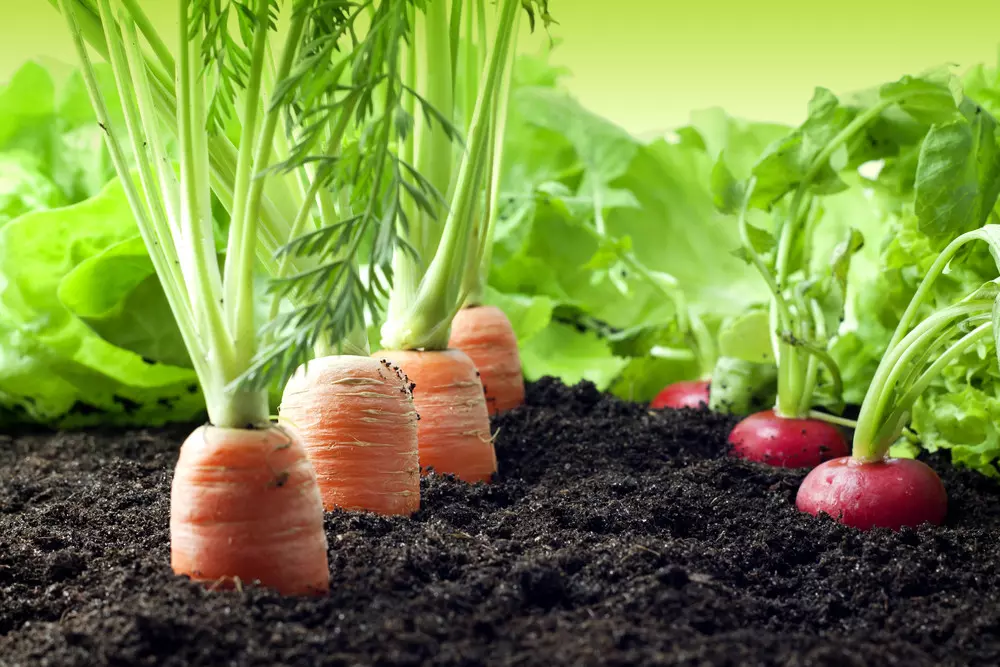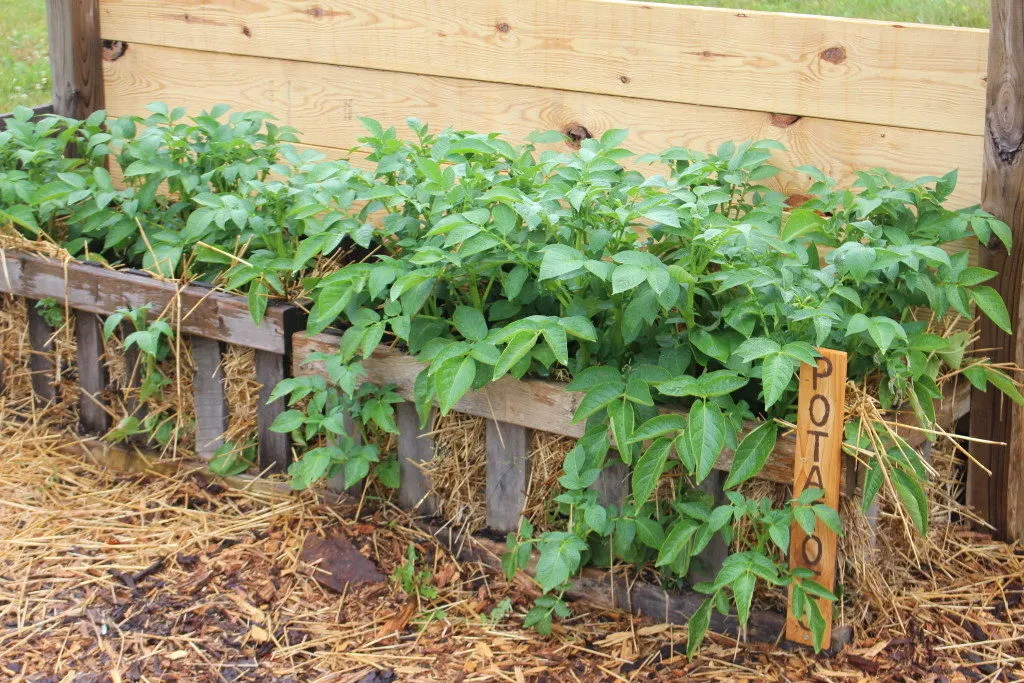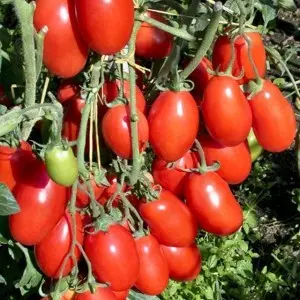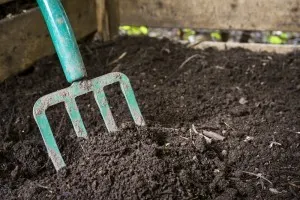It’s nearly impossible to believe that in just a few weeks, we will be heading into another planting season at the farm.
That is of course if Mother Nature finally starts figuring out that planting a garden actually requires warmer temperatures without snow in the forecast!

The past several years have taught us quite a bit about what to do – and even more about what not to do when it comes to growing a successful garden.
Whenever asked by first time growers for gardening advice – we always try to remind them of just a few simple tips that can keep it all manageable and fun. After all, if it’s not enjoyable, chances are you won’t keep doing it.
Truth be told – and that certainly includes us – just about all gardeners of all experience levels need reminded of them from time to time!
5 Great Gardening Tips
#1 Start Small and Grow Into Your Space

The quickest way to become discouraged from gardening is to have so much to take care of that by mid summer, it simply overwhelms you!
So many first time gardeners make the critical mistake of thinking more is better and create a massive garden that leaves them tired, sore, and impossible to maintain.
Start small – even if it’s just a raised bed or two and few patio containers. Choose a few things you really like and grow them in a small space that is easy to maintain.
It keeps it fun and allows you the opportunity to grow into more space as you see fit. Trust me when I say once you have a few garden seasons under your belt – you will know exactly what you can and can’t do.
See: How to Create Simple And Inexpensive Raised Beds
#2 Grow What You Like To Eat
This goes hand in hand with Tip 1. So many of us fall into the trap of wanting to plant every single vegetable we can think of – whether we like them or not!
There is just something so enticing about flipping through seed catalogs and seeing beautiful full-color photos of exotic vegetables. It makes you want to try them all.
Even worse, a walk through your local nursery can leave your basket full of another 20 “cool” must try plants, and before you know it, your garden looks like the plant version of Noah’s Arc! It can quickly overwhelm you.

Start off by simply growing what you know you love to eat – and expand slowly from there. There is certainly nothing wrong with trying a few new varieties each season, but if you can keep it under control, you might just enjoy gardening even more!
#3 Spend A Few Minutes in Your Garden Each Day
Spending just 5 to 10 minutes walking through your garden each and every day is a great way to have a great garden – and a happier you.
One of the biggest secrets to maintaining a weed free and stress free garden is to simply spend a few minutes in your garden every single day.
It is important to realize that 10 minutes of daily work is not the same as spending 70 minutes once a week in the garden. They may work out to the same amount of time – but they are light years apart when it comes to maintaining a garden.
If you let the garden go for more than a day or two – weeds and the problems they bring multiply and magnify. Roots get deeper, spread and multiply.
What would only take 5 to 10 minutes one day to easily maintain now suddenly takes 4 to 8 hours when neglected for a week or two. And there goes the fun factor!
#4 Learn To Make Compost
If there is anything a new gardener can do right off the bat to help his or her garden – it’s learning to make compost! It is the secret to great soil.

Compost holds all of the nutrients needed to power your garden – and helps keep soil loose, workable and energized.
We use it everywhere to build great soil – in all of our planting holes, as mulch around plants, and as an additive to all of our homemade planter and hanging basket soil mixes.
With it, your soil will become rich and productive. Without – you will be left with tired dirt – and less-than-happy plants.
See: How to Make Great Compost
#5 Watering
Of all the mistakes new gardeners make – too much or too little watering is usually at the top of the list!
Not enough water and your plants shrivel up and disappear. Too much – and they begin to turn yellow at the base, stop growing, and linger in the soil.
So what are some good basic practices? Water at least every other day when plants are young and first set out. If you have an early spring hot stretch – be sure young plants get a drink every day.
After that – cut back. Watering every day keeps roots from heading deeper in the soil and becoming fully established. Deep roots mean plants can tolerate temperature and moisture swings better – and the longer roots are able to more easily find nutrients.
Try to water early in the day or later in the evening to keep evaporation at a minimum. Water the soil around your plants not the foliage, it helps keeps disease to a minimum and prevents the sun from burning plants watered during the heat of the day.
As a simple rule of thumb – If leaves are starting to turn yellow – it is usually a sign they are getting too much water – so back off for a few days and let them dry out. If they are wilted with no signs of yellow – they need water!
See: The Ins and Outs of Watering Your Garden
Here is to wishing every gardener a great garden season!
If you would like to receive our 3 garden, cooking and DIY articles each week – be sure to sign up to follow the blog via email in the right hand column, “like” us on Facebook, or follow us on Twitter.
Happy Gardening! – Jim and Mary
